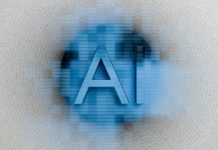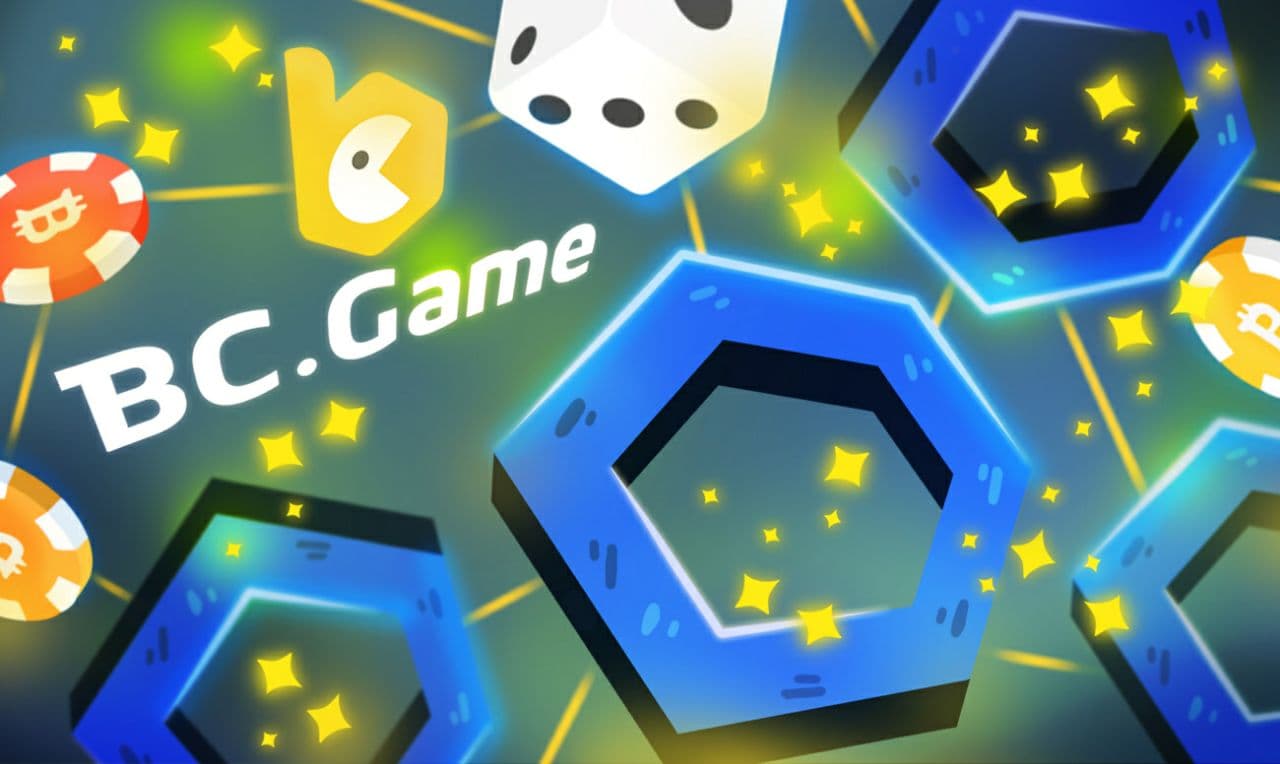The term Oracle embodies usefulness and knowledge. In the Matrix trilogy, the Oracle guided NEO in his quest. For blockchain applications, Oracles are gateways for smart contracts to interact with the outside world. This piece analyses the role of decentralised oracles in blockchain commerce. These oracles can be vital in taking blockchain projects to the next level.
Allowing smart contracts to interact securely with website APIs, databases, and payment processing systems is huge. For instance, DeFi apps can use external data to control aspects like lending. The efficiency will boost all of the cryptos. Even sectors like crypto gambling can benefit from decentralised oracles. Online gambling can go a notch higher with reliable information to smart contracts. Oracles are growing in stature for their usefulness and role. Let’s analyse why this is the case.
The Need for Decentralised Oracles
Smart contracts need information. They are self-executing but still need relevant information feeds for accuracy. Oracles provide real-world data to smart contracts. They act as a bridge between smart contracts and non-traditional blockchain applications. This utility is vital because blockchains don’t have access to off-chain information.
Decentralised finance, in particular, needs live price data for smart contracts to function effectively. Therefore, DeFi applications need Oracles. They are precious to the blockchain industry. Taking information from outside sources introduces an element of trust. Remember, trustless execution is a vital component of blockchain commerce. Permissionless blockchains propagate deterministic transactions.
A smart contract receives input; it executes logic and updates the blockchain. Having unreliable information comprises the whole transaction. Therefore, decentralised oracles need to prevent reliance on single sources of truth. Accordingly, oracles can sign information about the outside world. The Oracle retrieves or aggregates the data from one or multiple trusted sources. For instance, it might report on the price of BTC/USD or the Superbowl winner.
Oracles are especially useful for decentralised finance applications. Aspects of finance like interest rate swaps and cash-settled put options need reliable information. Oracles can also feed insurance contracts and prediction markets. The accuracy and reliability of information are vital for smart contracts. For instance, a change in interest rates affects how the dollar trades. This fact is essential to a lending dApp like MakerDAO. For precise feeds, the dApps need Oracles to do the aggregation and verification. A blockchain app can rely on one or many oracles with multiple data sources.
The Significance of Chainlink (LINK)
This Oracle is the most significant one in operation. Chainlink is rapidly growing in the DeFi era as its usefulness grows. In the past year, it has grown fast. It acts as an intermediary between DeFi smart contracts and external information sources. These sources include databases and payment processing systems. Chainlink allows blockchain apps to interact with classic payment systems such as SWIFT, Visa, MasterCard, or PayPal. Node operators obtain data from off-chain systems. They then convert the data into blockchain-compatible formats. This oracle has its native utility token (LINK). Node operators receive payment in LINK. At press time, LINK trades at about $32 with a market capitalisation of $13 billion.
BC.Game lists LINK tokens for gamers to wager and multiply their holdings. The decentralised finance protocol is at the centre of blockchain commerce. The project’s developers hope it will be a network of fully decentralised nodes compatible with multiple blockchains. Having a trusted marketplace for oracles is vital. The key to this marketplace is incentivising good behaviour and reputation. This process distils credible sources to improve efficiency. Therefore, the security of this network is as strong as its weakest link.
As such, the platform incentivises nodes to deliver quality data. Accordingly, the network implements different kinds of integration to improve its capacity. Chainlink has integrated hundreds of blockchains, DeFi protocols, data providers, and nodes. These entities fit like a jigsaw in optimising smart contract execution. Accordingly, the data providers optimise DeFi and Chainlink benefits from the network effect. With the rapid growth of DeFi platforms, the usage of Chainlink services is increasing. It is no surprise that the project has grown exponentially in the past twelve months.
Conclusion
Decentralised oracles are becoming a mainstay in crypto. The explosion of DeFi has thrust Chainlink into the limelight. This boom has only just begun. Oracles will play a vital part in the usage and efficiency of DeFi applications. Chainlink and other oracle providers must optimise operations to retain their status. Like any blockchain project, community participation is vital. The incentives to node operators are necessary to promote quality in sourcing. These node operators are the custodians of a decentralised, integrated world. Overall, Oracles have an indispensable role in blockchain commerce. The implementation of several top oracles is vital to this end. Chainlink has shown the way, and many are soon to follow.










